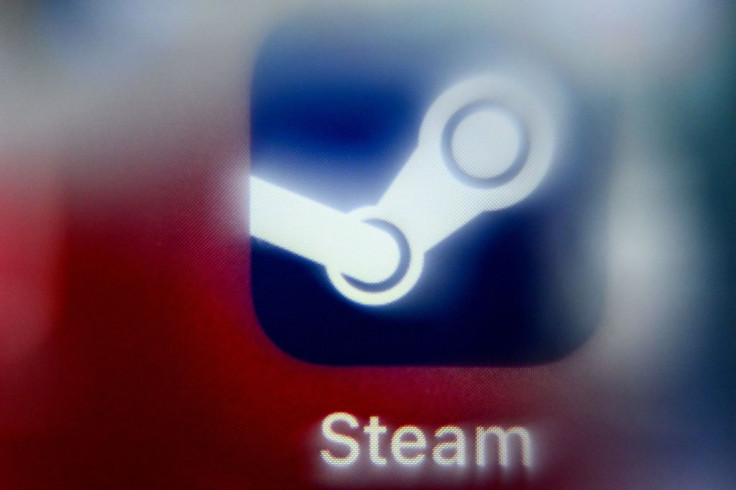Valve is facing a legal dispute that could have significant consequences as the previous antitrust lawsuit by Wolfire Studios and Dark Catt Studios has been given class-action status.
The situation follows the release of a court document that showed the two studios' motion for class certification being granted by United States District Judge Jamal N. Whitehead. This means that the lawsuit could become more than just the two developers against Valve.
Class Action Lawsuit Against Valve
The document revealed that the class action will apply to any developers, publishers, or individuals who paid a commission to Valve.
This payment was in connection with a game sale and refers to the 30% cut that Steam takes from each purchase on the platform. The timeline that is covered starts from Jan. 28, 2017, onward.
The judge also denied Valve's request to exclude the testimony of an expert, Dr. Steven Schwartz, who was called to argue the two developers' case. Wolfire Studios and Dark Catt Studios will be the class representatives for the action, according to Games Industry.
Wolfire Studios originally filed an antitrust lawsuit against Steam owner Valve in April 2021. The former claimed that the latter's 30% commission on game purchases was an extraordinarily high cut that constitutes anti-competitive practices.
It also argued that Valve was using its dominance in the market to "exploit publishers and consumers." The claim was originally dismissed in November 2021 but it was then updated and the studio adapted its arguments before refiling in May 2022.
Potential Compensation Payments
Wolfire Studios founder David Rosen said that they believe Valve was taking away gamers' freedom to choose how much extra they are willing to pay to use the platform.
He added that the Steam owner was taking away competing stores' freedom to compete by taking advantage of their lower commission rates, Rock Paper Shotgun said.
At the time of the original lawsuit, Valve argued that Wolfire Studios failed to supply sufficient evidence for the allegations. It also described the 30% basic revenue cut as an "industry standard."
It could still be quite some time before the legal dispute between Valve and the two class representatives is settled. If the two studios emerge victorious, the former could be forced to pay a lot of money in compensation payments.
Some people have speculated that this could even be enough to force Valve to go back and think about Steam's revenue share policies and how to change them for the better, according to PCGamer.



![Best Gaming Mouse For Gamers With Smaller Hands [2025]](https://d.player.one/en/full/227430/best-gaming-mouse-gamers-smaller-hands-2025.png?w=380&h=275&f=fdcf47c1c5fc58d1e41d3be505c12568)













